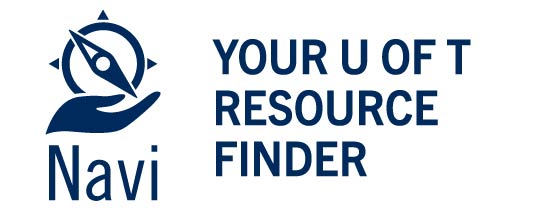Co-op Work Permit
Watch our guide on An Overview of the Co-op Work Permit (Requires logging-in with UTORid)
Work experience is a required component of some programs of study. If you are registered in such a program, you may need a work permit to fulfill this requirement. The co-op work permit can be used to complete a required work placement either on or off campus.
Tips/Important
- On campus teaching or research assistant (TA or RA) work that is a part of many graduate programs does not require a co-op work permit.
- There is no processing fee for the co-op work permit.
- The University of Toronto will be listed as the employer (though you are not limited to working for the University) and the expiry date of your work permit will usually match the expiry date of your study permit.
- The co-op work permit can only be used to complete your required internship/work placement.
To be eligible for this work permit you must:
- have (or be applying for) a valid study permit, and
- get a letter from your Faculty or program indicating that a placement, co-op or internship is a required part of your academic program.
Co-op work permit applications (that are not part of a study permit application) are not commonly submitted outside Canada.
If you already have your study permit, and your circumstances allow, we strongly encourage students to return to Canada in time to apply for the work permit from within Canada.
Register for a live Question and Answer session (Requires logging-in with JOINid/UTORid)
Frequently Asked Questions
Estimated processing times give an idea of how long an application could take to be processed. If something outside of your control makes urgent processing important, you can contact IRCC through their web form to ask if it is possible. It may take up to two weeks to get a response. Note: Use the ‘Update or ask about your application’ option and then the ‘Other’ section; this is because the section titled ‘Ask for urgent processing for your permanent resident card’ does not include study/work permits.
Here is another option to consider:
- If the work placement that requires you to get the co-op/internship work permit begins/takes place during a scheduled break in your program (e.g. summer for most undergraduate students), you can begin the placement under your study permit before the work permit is issued, as long as you are enrolled full-time before the break and will continue your work placement or full-time studies after the break. Check with your Registrar’s Office for questions about whether your program has scheduled breaks. Connect with an International Student Immigration Advisor to confirm whether you are eligible to begin working under your study permit.
As of December 24, 2024, “flagpoling” (the process of travelling to a land border crossing between Canada and the United States to apply for some permits) is no longer available. (Source)
In most cases, it is necessary to wait until the co-op work permit is issued. If your work placement begins during a scheduled break in your program, it may be possible to start your work under the authorization provided by your study permit.
Find details about on and off-campus work eligibility.
If you want to work in a health-care setting, primary/secondary school setting, or other jobs where the protection of public health is important, you must undergo an Immigration Medical Exam (IME). The remark on your co-op work permit is likely due to you not having an IME previously. To get the remark removed, you will need to apply to change the conditions of your co-op work permit and complete an IME with a panel physician (either before you apply, known as an upfront medical exam, or before a decision is made on your new application). We recommend completing the upfront medical exam out of hope that it will speed up the process. You should not begin work that is not authorized by your existing permit until you receive your new co-op work permit that has the restrictions removed. See the FAQs above if you need to begin that work urgently.
Check out our Resources page for more support.
